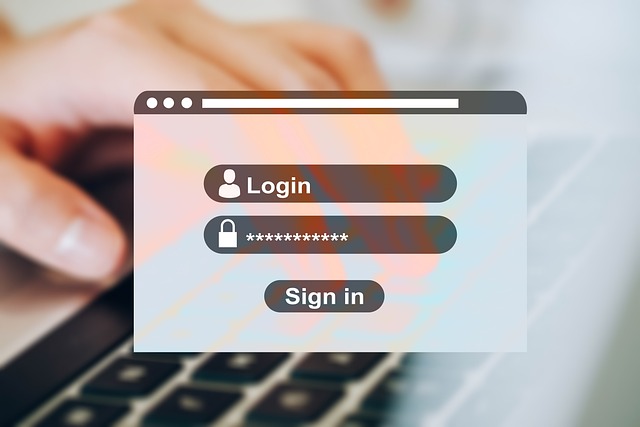WordPress is a widely used platform for website creation and management, but unfortunately, it is also a popular target for hackers. Security breaches can cause major damage to your website and your business, so it is crucial to take proactive measures to ensure the safety of your WordPress website. While there are many security plugins available, it is also important to implement some basic security measures that do not require any plugins. In this blog post, we will discuss 5 truly useful security tips for your WordPress website that can help protect it from malicious attacks.
Table of Contents
5 useful security tips for WordPress website without using plugins
In order to keep your WordPress website safe, it’s important to take some basic security measures. In this post, we’ll discuss 5 truly useful security tips for WordPress website without using plugins.
1. Use Strong Passwords
This may seem like an obvious one, but it’s surprising how many people still use weak passwords for their WordPress accounts. When creating a password, make sure it’s at least 12 characters long and includes a mix of uppercase and lowercase letters, numbers, and special characters. Avoid using common words or phrases, as they’re easy to guess.
2. Keep WordPress Updated
WordPress releases updates regularly, which not only add new features but also address security vulnerabilities. It’s important to keep your WordPress website updated to ensure it’s as secure as possible. This includes updating the core WordPress software as well as any plugins and themes you may have installed.
3. Limit Login Attempts
By default, WordPress allows users to attempt to log in as many times as they want. This makes it easy for hackers to use brute force attacks to gain access to your website. To prevent this, you can limit the number of login attempts allowed. You can do this by adding some code to your website’s functions.php file, or by using a security plugin.
// Limit login attempts
if (!function_exists('login_limit_attempts')) {
function login_limit_attempts()
{
if (isset($_COOKIE['login_attempts']) && $_COOKIE['login_attempts'] >= 3) {
die('Too many login attempts. Please try again later.');
}
if (isset($_POST['log'])) {
if (!isset($_COOKIE['login_attempts'])) {
setcookie('login_attempts', 1, time() + 3600);
} else {
setcookie('login_attempts', $_COOKIE['login_attempts'] + 1, time() + 3600);
}
}
}
add_action('wp_login_failed', 'login_limit_attempts');
}
4. Disable File Editing
By default, WordPress allows users to edit theme and plugin files from within the WordPress dashboard. While this is convenient, it also poses a security risk. If a hacker gains access to your WordPress account, they could use this feature to add malicious code to your website. To prevent this, you can disable file editing by adding a line of code to your website’s wp-config.php file.
To disable file editing in WordPress, add the following line of code to your website’s wp-config.php file:
define( 'DISALLOW_FILE_EDIT', true );This will prevent users from accessing the code editor in the WordPress dashboard and making changes to your website’s files. It’s a simple security measure that can help protect your website from unauthorized modifications.
5. Use SSL Encryption
SSL encryption is a way of encrypting data that’s sent between your website and its visitors. This helps to protect sensitive information, such as login credentials and credit card numbers, from being intercepted by hackers. To use SSL encryption on your WordPress website, you’ll need to obtain an SSL certificate from a trusted certificate authority.
By following these 5 truly useful security tips for WordPress website without using plugins, you’ll be well on your way to keeping your website safe from hackers. While these tips are a great starting point, it’s important to remember that there’s no such thing as a completely secure website. It’s always a good idea to stay informed about the latest security threats and to take additional measures as needed.



